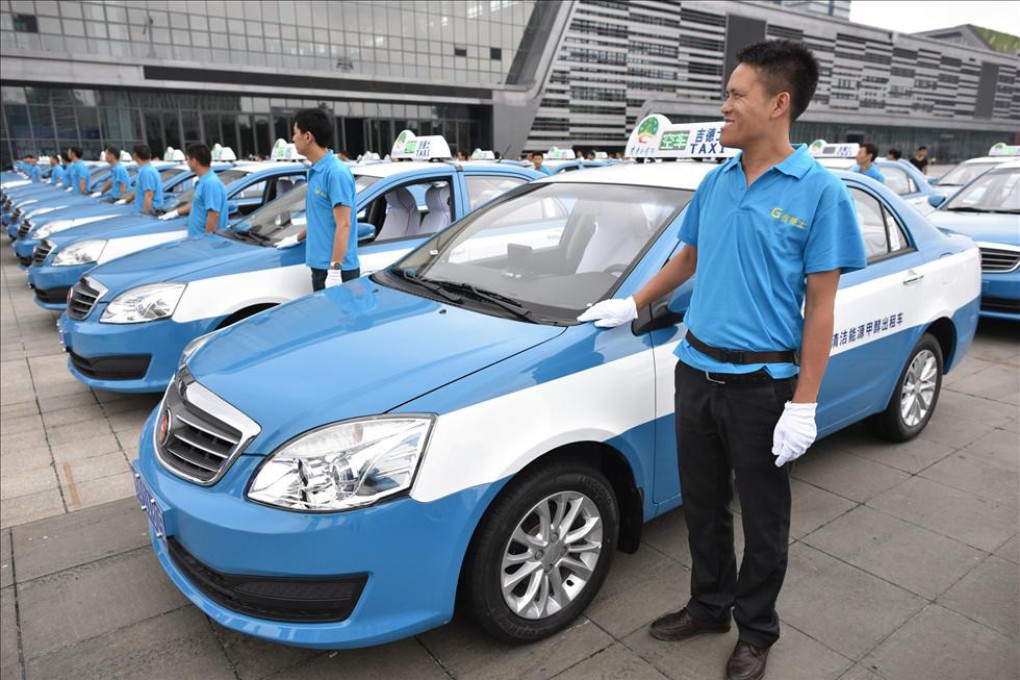Beijing to accelerate deployment of methanol vehicles under carbon-neutral drive
- Ministry of Industry and Information Technology says it will accelerate the promotion of methanol vehicles, development of a ‘methanol economy’
- China has large capacity for producing methanol, which is lower in costs and emissions, Huanghe Science and Technology University professor says

Methanol vehicles could play a bigger role in China as the country seeks new alternatives to replace fossil fuels and moves towards net zero emissions in 2060, Beijing said.
China’s Ministry of Industry and Information Technology said it will accelerate the promotion of methanol vehicles, support the industry and explore new ways of aiding the development of a “methanol economy”.
“The development of a methanol economy is of great importance for diversifying energy sources, ensuring energy supply and promoting regional economic development,” the ministry said on its website last Friday. It has started pilot programmes in some coal-rich provinces, including Shanxi, Shaanxi and Gansu, to test methanol taxis and buses. In the next step, it will work on upgrading the production process of methanol to realise large-scale and low-carbon production.
“China has large capacity for producing methanol. An alternative fuel, it is also lower in costs and emissions,” said David Zhang, visiting professor at the engineering department of Huanghe Science and Technology University.
According to data from the ministry based on the pilot programmes, methanol vehicles are 21 per cent more energy efficient and reduce carbon dioxide emissions by 26 per cent when compared with petrol vehicles.